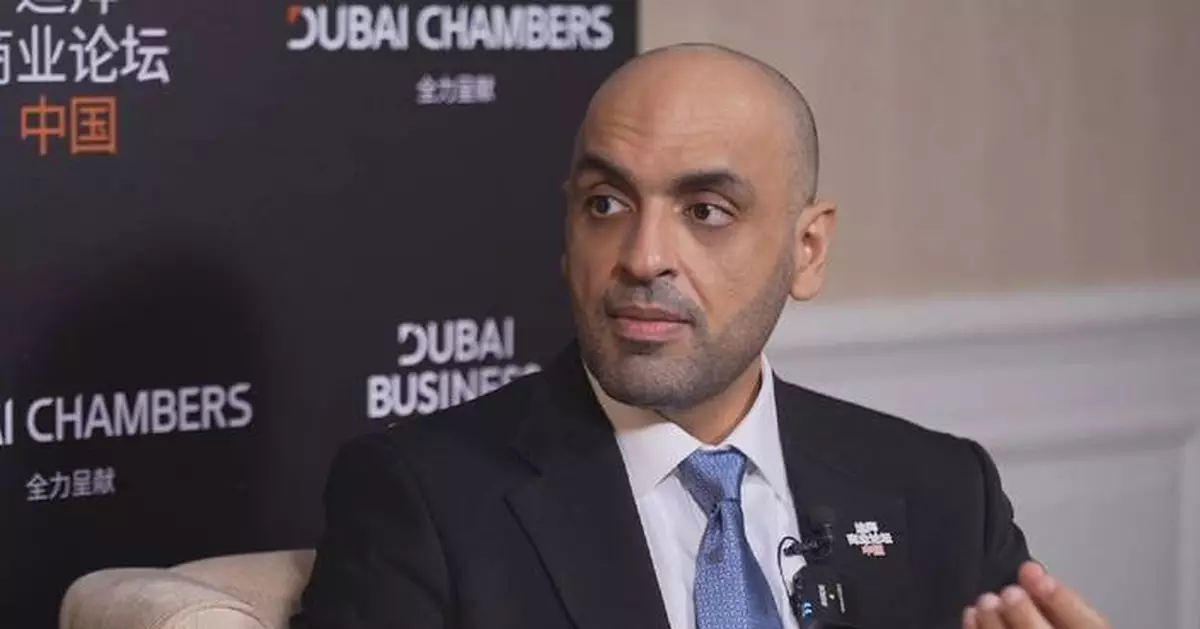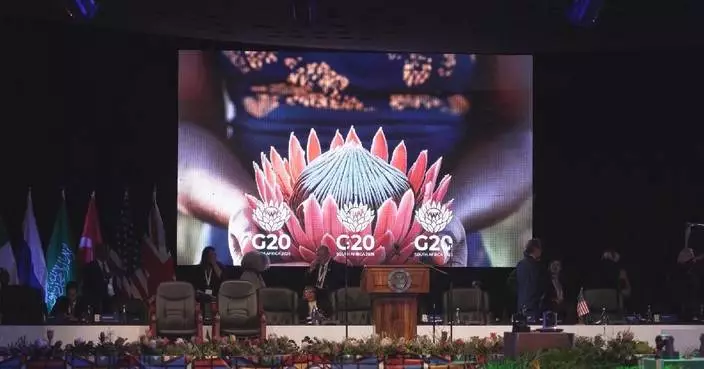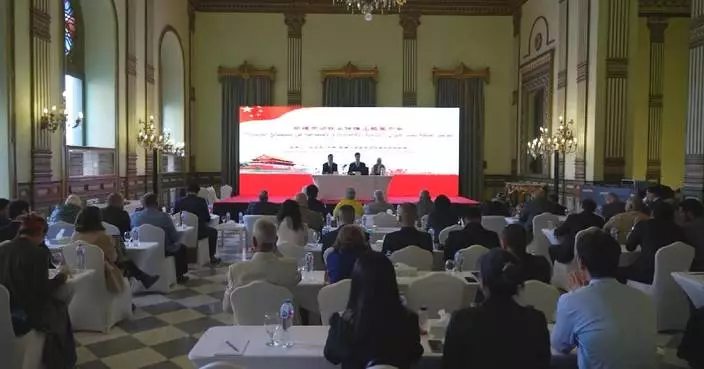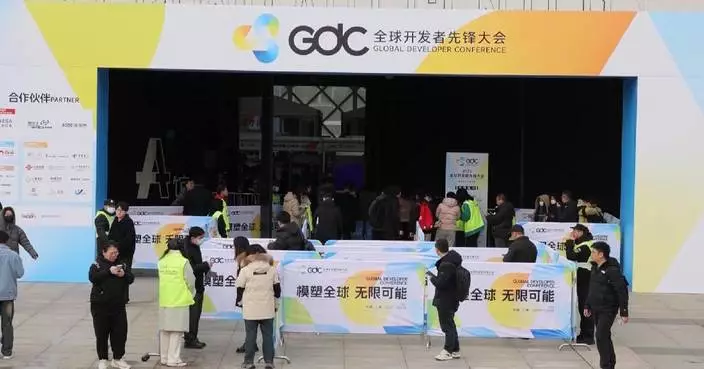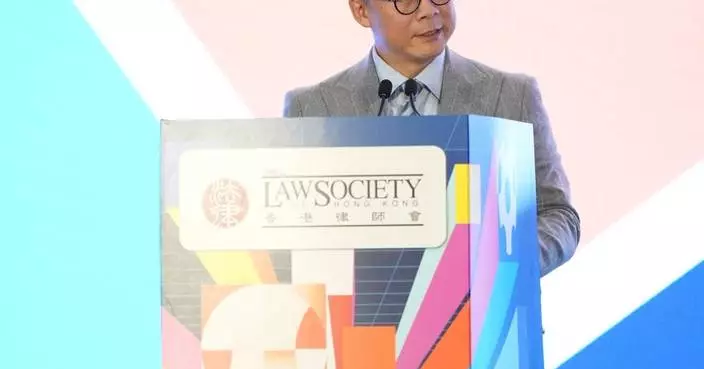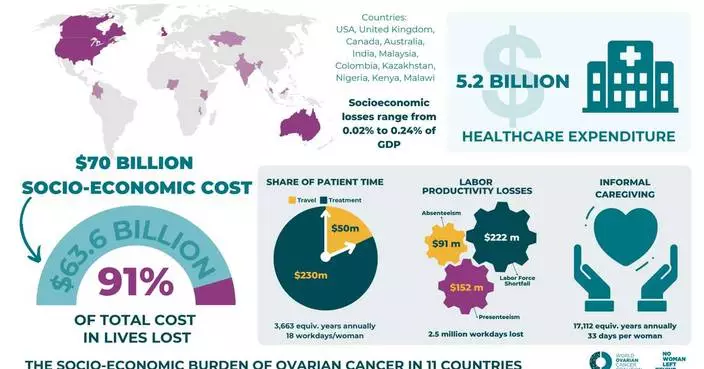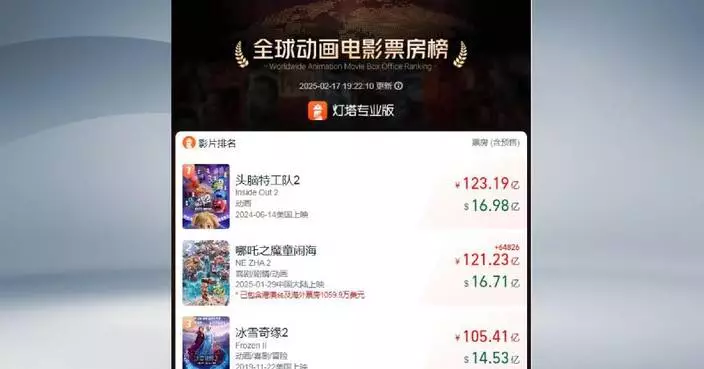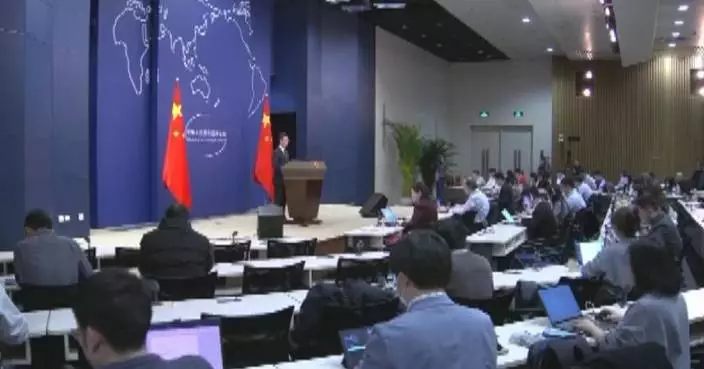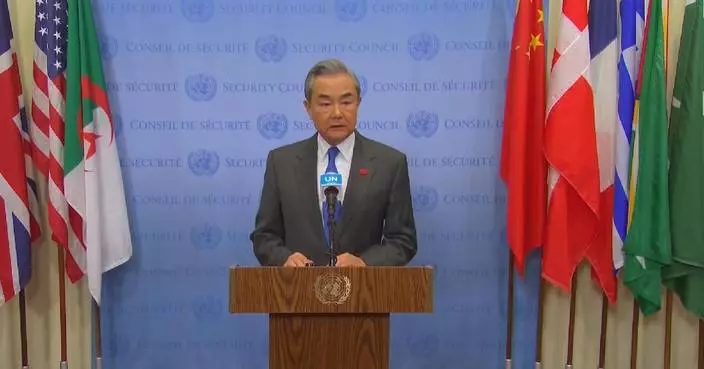The cooperation between China and Dubai is expected to grow beyond traditional sectors like logistics and real estate into emerging areas such as the digital economy and green technology, according to Mohammad Ali Rashed Lootah, President and CEO of the Dubai Chamber of Commerce.
Lootah highlighted promising prospects for expanding collaboration between Chinese and Dubai businesses across various industries in a recent interview with China Global Television Network (CGTN).
He emphasized that while cooperation in established sectors will continue, significant growth is likely to come from fields that promote sustainable practices and lead global innovation.
"The major sectors that were very interesting for Chinese investors, such as the trading and the logistics and warehousing and real estate will continue as interesting sectors. But I think the major significant change will come from the emerging sectors, such as the digital economy sectors, and the green technology and green financing. When it comes to digital economy, it will cut across all of the spectrum from the artificial intelligence (AI), the Web 3.0, the fintech, the health tech and across all," he added.
The chamber executive also underscored the broader implications of sustainable growth, noting that it goes beyond environmental efforts to improving business efficiency and productivity through better technology, talent development and international partnerships.
"When it comes to the sustainable economy or the sustainable growth sectors, it is not only limited to sustainable projects when it comes to the environmental, but even going to green tech and the green Sukuk and bonds, cutting across the whole ecosystem," said Mohammad, referring to a form of sharia-compliant investment that is intended to contribute to biodiversity or the fight against climate change.
"We believe that the sustainable economy is no longer limited to just doing the good for the environment. It's unlocking opportunities for growth when it comes to businesses, and how can we really increase the efficiency and productivity of our systems by utilizing better technology, by upskilling the talent that we have, by having better integration with international partners, such as China," he continued.
China has become Dubai's largest trading partner, with non-oil trade between the two reaching 67.8 billion U.S. dollars in 2023. Over the past decade, cumulative non-oil bilateral trade between China and Dubai has totaled approximately 490 billion U.S. dollars.
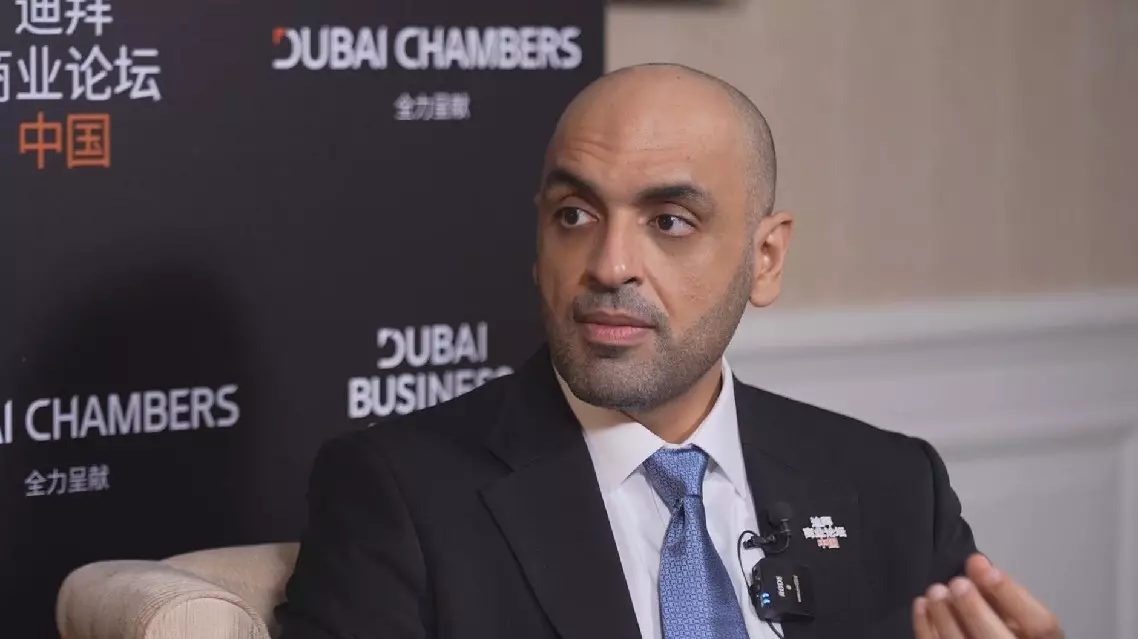
Dubai Chambers President sees China partnerships expanding to emerging sectors
Zhejiang Province, an economic powerhouse in east China that recorded a GDP of more than 9 trillion yuan (about 1.24 trillion U.S. dollars) in 2024, plans to focus on sci-tech innovation this year to build a distinctive modern industry system.
Following the broader trend among major Chinese provinces of prioritizing sci-tech innovation to drive new quality productive forces and promoting integrated development between science and technology and industrial innovation, Zhejiang aims to expand revenue from its advanced manufacturing clusters to over 9.5 trillion yuan (about 1.309 trillion U.S. dollars) this year.
The province plans to cultivate 20 new "Eagle Enterprises," or industry leaders, predominantly from its private sector, and develop 30 national manufacturing champions in 2025.
Since 2019, Zhejiang has implemented the "Eagle Action" plan, listing its industry giants or leaders in manufacturing and related fields as "Eagle Enterprises." These enterprises are characterized by significant influence, strong cluster support and excellent comprehensive strength. They are also expected to master core technologies, solve major industry technical challenges and play a crucial role in industrial chains. By the end of 2024, Zhejiang had listed 118 companies as "Eagle Enterprises."
"Zhejiang is strongly signaling its commitment to rapidly developing new quality productive forces through innovations," said Yu Jianxing, a professor and member of the Consulting Committee of Zhejiang Provincial Government.
Specifically, Zhejiang will intensify efforts in speeding up the building of a next-generation computing power system, enhancing high-quality data supply, and encouraging AI innovations and applications.
The province has already allocated 3 billion yuan (about 413 million U.S. dollars) of funds to support early-stage, long-term, and tech-focused investments in the AI industry, and accelerate projects creating new application scenarios in the fields of healthcare, scientific data and manufacturing, so as to build itself into an AI development highland.
"Focusing on the four advantageous industries of automobile manufacturing, new fiber materials, life sciences and high-end equipment in Xiaoshan District, we aim to raise the penetration rate of artificial intelligence applications in manufacturing enterprises above the designated size above 30 percent in 2025, with attention paid to every production link of the enterprises," said Xiao Zhongguang, chief of the Emerging Industries Section of the Economy and Information Technology Bureau of Xiaoshan District in Hangzhou, capital city of Zhejiang.
Industrial enterprise above designated size refers to companies with an annual revenue from their main business of 20 million yuan (about 2.8 million U.S. dollars) or more.
"Hangzhou has built a policy ecosystem as dense as a rainforest, aiming to have the lowest computing costs in its AI industry, boast the best model ecosystem, and foster an AI development highland by 2026. In the meantime, Hangzhou hopes AI will drive the development of the real economy and other sectors," said Cai Rong, director of the technological innovation office of the municipal Bureau of Economy and Information Technology.
Home to six top Chinese startups, commonly known as the Six Little Dragons, including Unitree Robotics and Rokid AR Studio, Zhejiang will also increase enterprises' participation in scientific innovation, with a goal of engaging them in more than 80 percent of major provincial sci-tech projects.
"Though collaboration across demand, supply, and service ends of sci-tech outcomes, we will promote the trading, application and transfer of more sci-tech results in Hangzhou to bridge innovators with end users for smooth technology commercialization," said Yu Jun, deputy director of the municipal Bureau of Science and Technology.

Zhejiang accelerates innovation-driven development to forge modern industrial system



